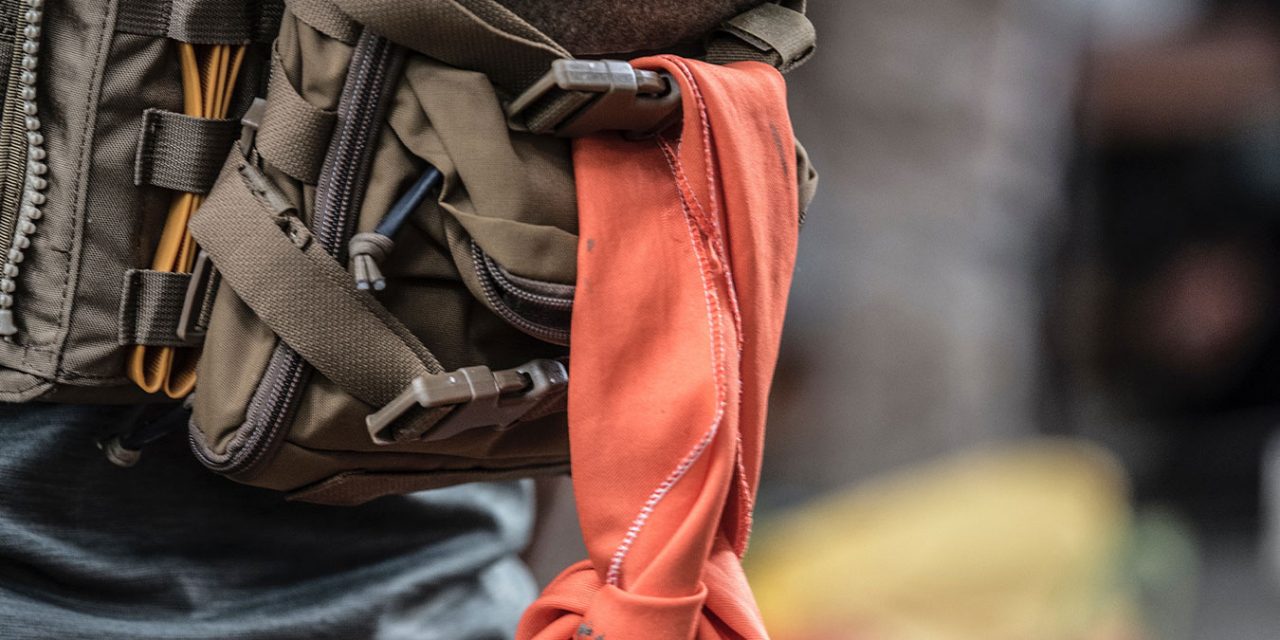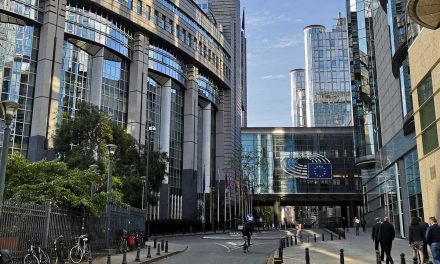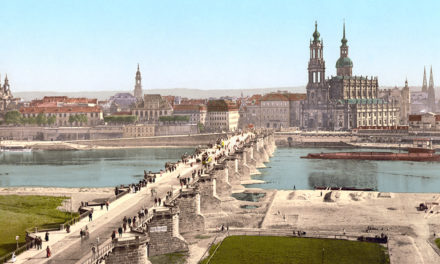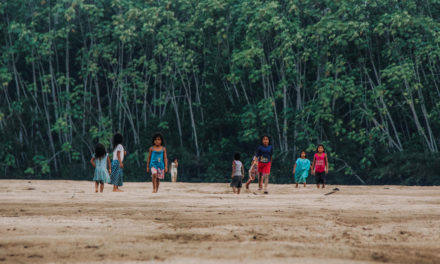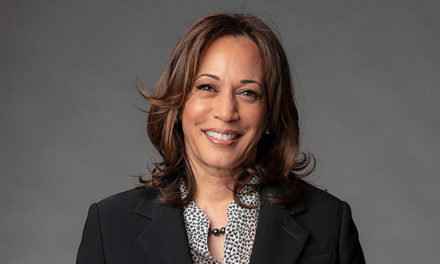A Rapid Slide into Violence This all changed on the 3rd June, shortly after the end of the holy month of Ramadan and one day before celebrations for Eid al-Fitr were to commence when the Rapid Support Forces (RSF) began killing and wounding protestors. Following this, the TMC reneged all negotiations it had agreed upon with the opposition and decided to call for an election to be held in nine months. The commander of the RSF, General Mohamed Hamdan Dagalo, and the deputy head of TMC is infamously known as the leader of the Janjaweed militia responsible for the war crimes in Darfur. Prior to the removal of al-Bashir, despite his close relationship with the President, Dagalo was the first high-ranking official to side with the protestors. Yet, with support from anti-democratic Arab regimes such as Saudi-Arabia and the United Arab Emirates, some have raised questions as to who Dagalo truly serves. While Dagalo hasn’t taken accountability for the RSF-led massacre, thousands of its soldiers continue to patrol the streets, robbing citizens, beating innocent victims and causing terror in Khartoum. As of now, the precise number of victims is still unknown, but it can be agreed that over 100 protestors have been killed, with as many as forty bodies pulled out of the Nile, 400 wounded and several women raped. Many of the Sudanese protestors have been utilising social media to get their message out into the international community. Symbolic hashtags including #SudanUprising and #IAmTheSudanRevolution have quickly garnered thousands of tweets. However, the TMC has resorted to blocking both internet services and telephone calls, in hopes to suppress and silence the movement. After overthrowing al-Bashir’s three-decade-long regime, revolution doesn’t seem to be dying down anytime soon, but as civil unrest continues to rise in Sudan, so does the death count. With both international and regional condemnation, what is actually being done by the global community to help Sudan?]]>
- This Artist is Making the Underwater Arena His Canvas - 28th April 2021
- A Video Game that Promotes Peace and Conflict Resolution - 15th March 2021
- Netflix’s ‘Living Undocumented’ is a Difficult Series to Watch, and Exactly Why We Should - 9th March 2021

